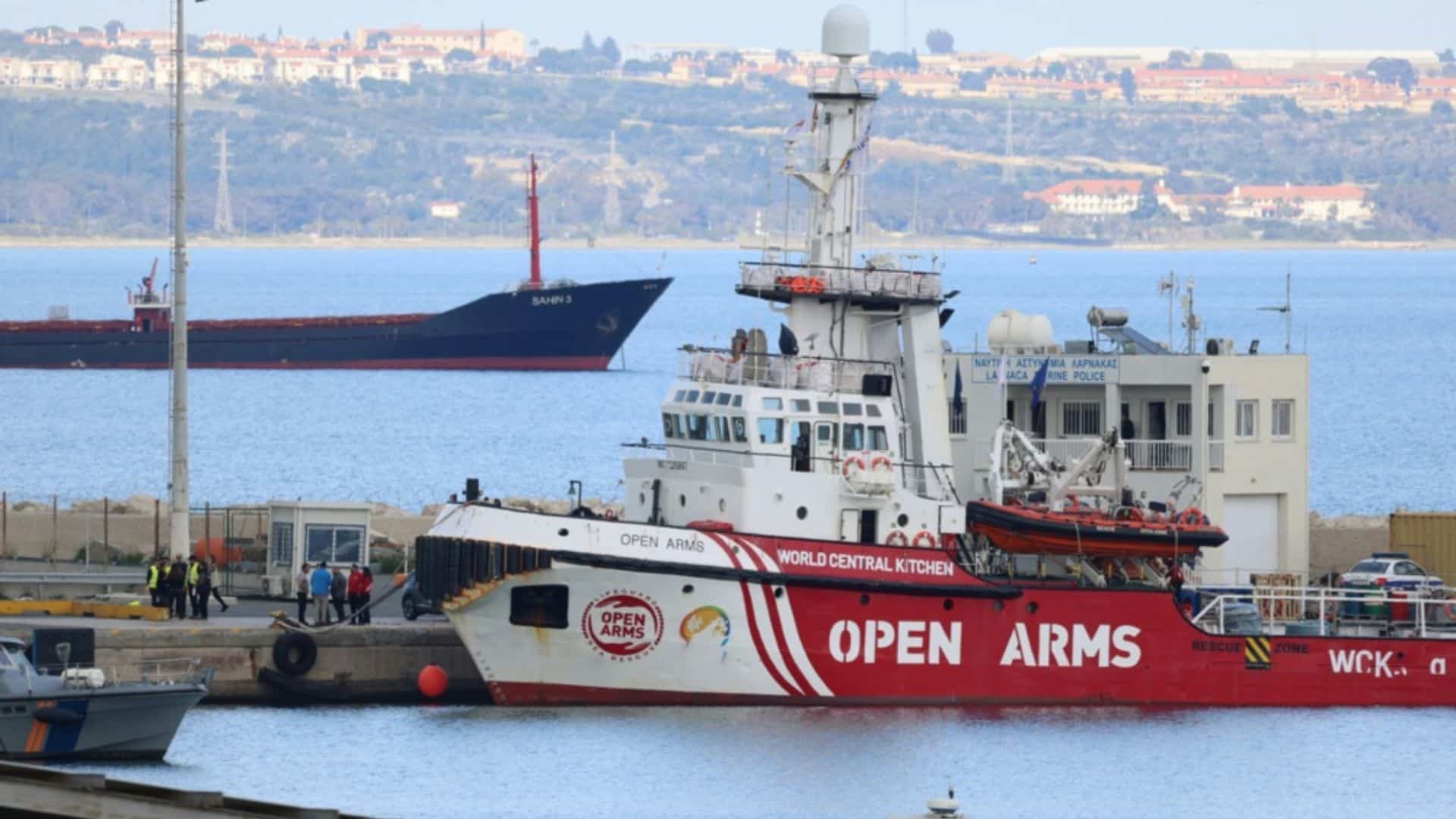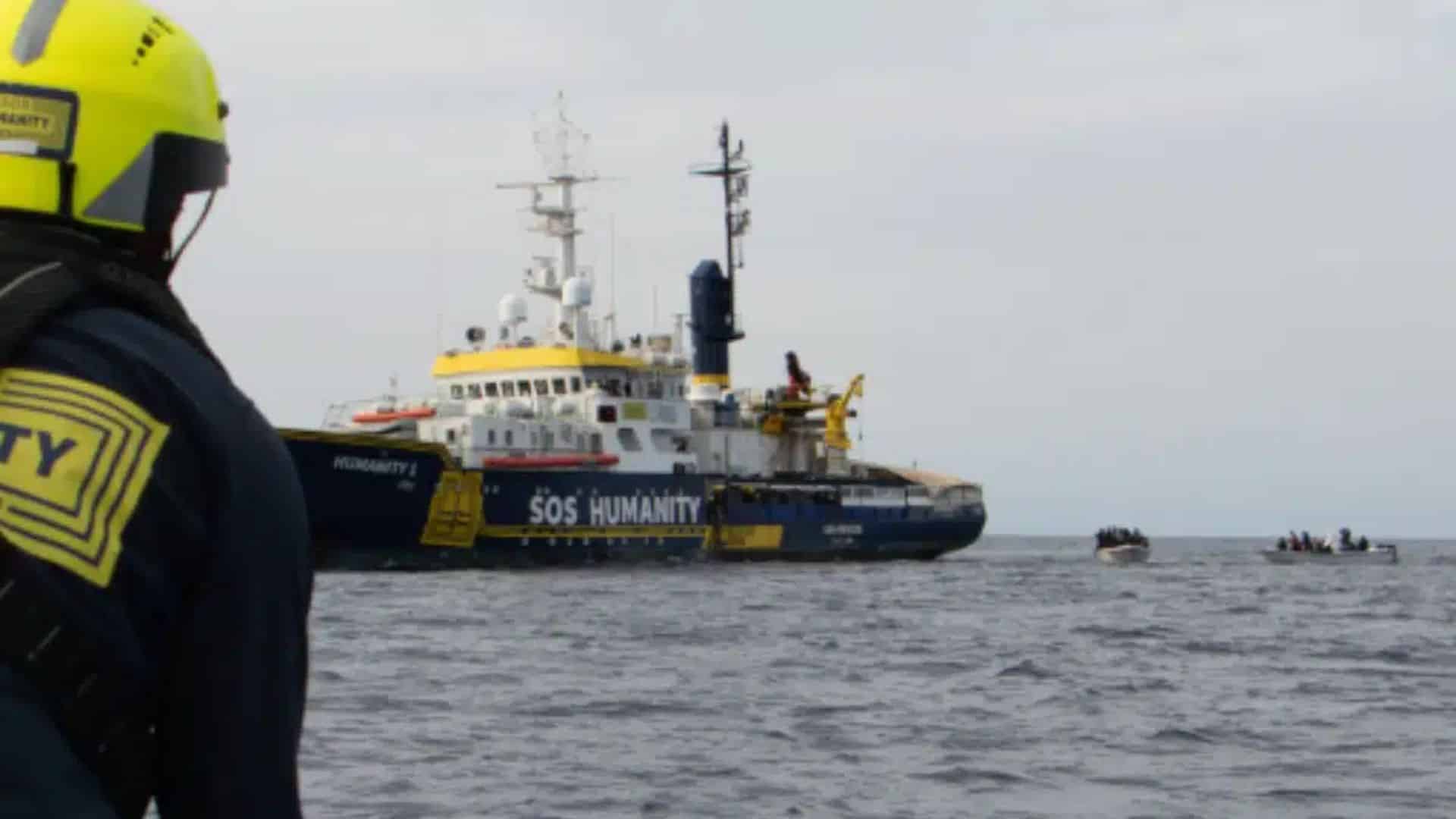
The Frontex Director Rejects the Hungarian Model and Advocates for Opening Borders in Response to the Migrant Surge in Europe
It seemed a radical shift in Europe’s approach to immigration, with strong calls for mass deportations and a firm stance against the influx of Third World populations, suggesting a desire to preserve the identity of the European Union’s countries. However, this sentiment turned out to be more of an illusion than reality.
Witnessing the EU’s border chief declaring the futility of trying to prevent massive migration to Europe, one might compare him to a firefighter who actually feeds the fire.
Hans Leijtens, the director of Frontex, the agency responsible for monitoring the EU’s external borders, believes that neither walls nor fences are effective in stopping immigrants and advocates for the creation of more legal pathways for entry into the EU.
Leijtens states in an interview with Die Welt that no barrier is sufficient to halt migration flow and criticizes the tendency to unnecessarily alarm about the issue, arguing that migration is an inevitable phenomenon and any effort to resist it is futile.
“No physical barrier can prevent border crossing, whether it’s a wall, a fence, a sea, or a river,” he asserts, emphasizing the need for the European Commission to implement more legal routes to undermine the influence of human traffickers who profit from the current migration situation. “It’s crucial to move towards efficient border management,” he says, urging to make it more difficult for immigrants to enter through traffickers by offering legal alternatives.
“Moreover, we need to abandon this superficial and alarmist approach to migration. It’s a reality,” he emphasizes.
The border agency leader also points out that the EU must strive to identify those who cross its borders and effectively process asylum applications, deporting those whose applications are denied.
The Dutch official disagrees with the border fortification policies adopted by countries like Hungary and the Baltic states, which have significantly reduced illegal immigration through their territories.
Frontex data indicates that the two migration routes to Europe, where border security has been a priority—specifically in Hungary, Poland, and the Baltic states—are the only ones that saw a decrease in irregular crossings last year. On the Western Balkans route, crossings decreased by 31% year-on-year, while on the eastern land border from Belarus to Poland and Lithuania, and from Russia to Latvia, the decrease was 12%. “We cannot constantly focus on the discourse of ‘stopping people’ and ‘closing borders’. My mission is to achieve a balance between efficient border management and respect for fundamental rights,” he concludes.











